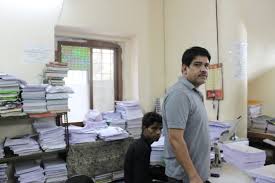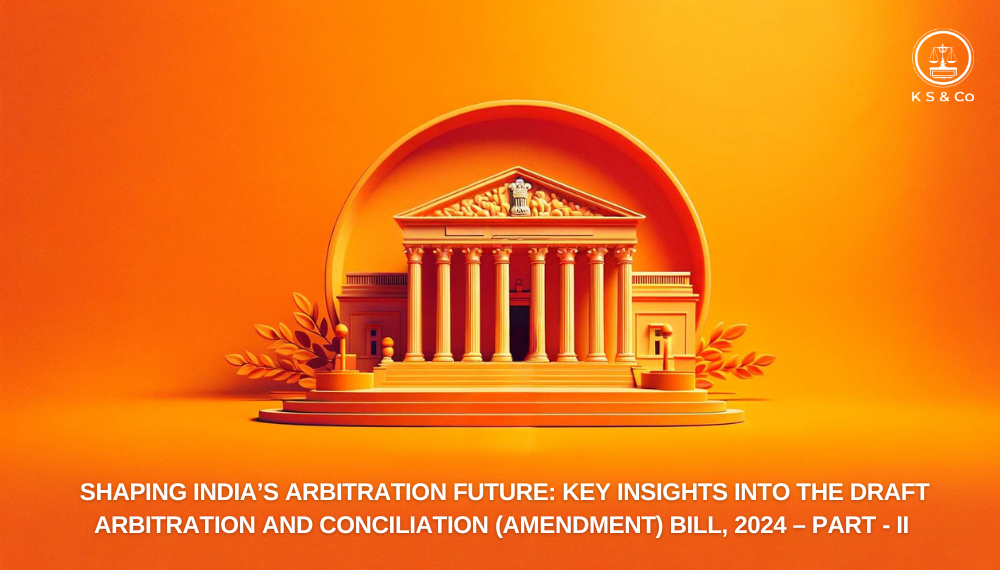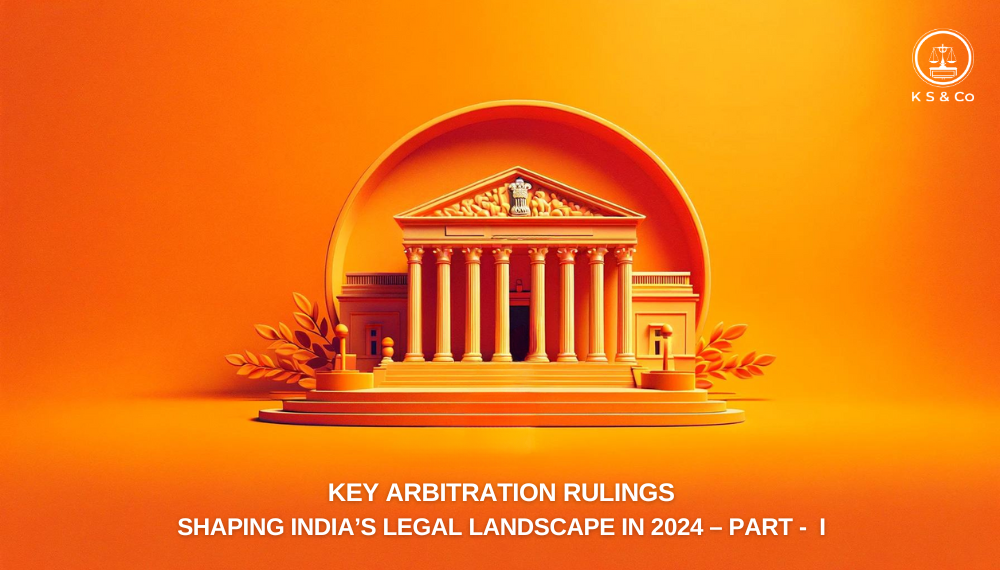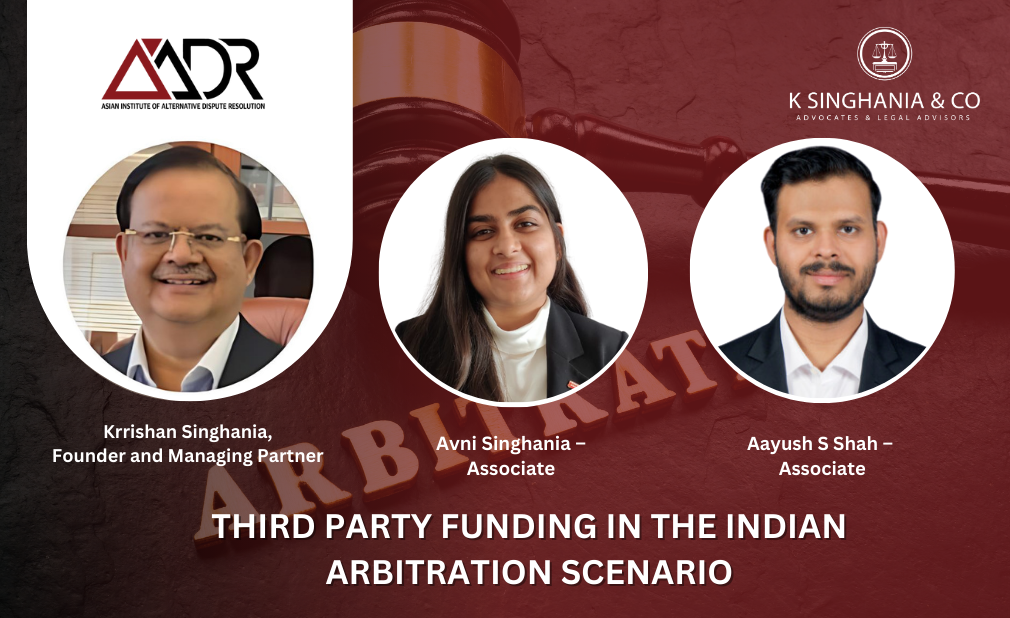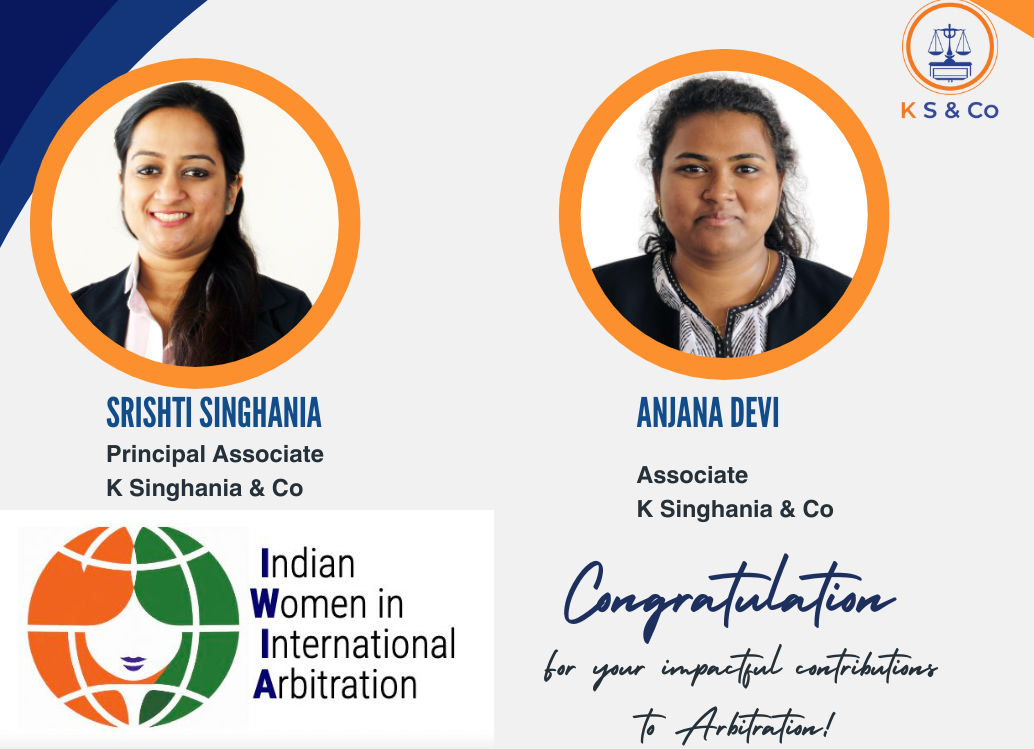The Delhi High Court have recently dismissed the suits by a group of international publishers Oxford University Press, Taylor & Francis Group and Cambridge University Press against the sale of photocopied books and course material in Delhi University, a verdict likely to have a wide-reaching impact on copyright laws in India.
In August 2012, the international publishers Oxford University Press, Taylor & Francis Group and Cambridge University Press petitioning the court with a suit for copyright infringement by a licensed vendor called Rameshwari Photocopy Shop which is in the campus of Delhi University. The international publishers alleged that the shop was violating their copyrights by sale of compilations of parts of books in the form of course packs.
The Court said Section 52(1)(i) of Copyright Act is broad enough to cover the acts of photocopying and the sale of compilation of parts of the books in the form of course packs by University for its students.
Delhi University in their defense contended that the use of reproduced copyrighted books by the students is a “educational need” and should not be treated as an infringement. The High Court agreed with the University and observed that copyright is not a divine right and refused to accept the contentions given by the international publishers.
The Court observed that Section 63 of the Copyright Act constitutes infringement of copyright an offence punishable with imprisonment for a term not less than 6 months and extendable to 3 years and with fine. When an action done onerously is not considered as an offence, it cannot become an offence under this section when, owing to advancement in technology doing thereof has been simplified. With the advancement of technology bulky books also can be photocopied. The students are now not required to spend much time sitting in the library and copying pages of the relevant chapters that are useful for their examination.
The Court also observed that almost every student in the University have cell phones with them and have a camera inbuilt which enables a student to click photographs of the pages of the book which is required to be studied by him, instead of taking notes from the library and to thereafter by connecting the cell phone to the printer and take print out of the said photographs or read directly from the cell phone. The same would again qualify as fair use and which cannot be stopped.
Once such a action is held to be not offending any provisions of the Copyright Act, just because the photocopying is done not by the person desirous thereof himself but with the helping hand of another person, would not make the act offending. It doesn’t matter whether such person is an employee of the University or the University uses the services of a contractor. For this reason, it doesn’t matter whether the photocopying machine is allowed by the University to be kept within the library or at some other place outside the library.
Rameshwari Photocopy Service owner Dharam Pal Singh said “There are large number of case laws which includes international case laws also which the students have been prescribed to study. We try to help them by compiling from different books which are useful and selling it to them at affordable rates. We only take few chapters from a particular book, which is permissible under the law”. The owner further added that “I received a lot of support from teachers, lawyers, students etc. without their support, it wouldn’t have possible to win against publishers”.
Experts share their views on the implication of this order, the reproduction of any work by a teacher in the course of instruction is not to be considered an infringement of copyright laws. The Delhi High Court has merely included in the definition of “a teacher”- an educational institution (Delhi University). The judgment seems to have stretched that all copying by Delhi University may amount to reproduction of works by a teacher. The judgment is intended to ‘increase and not to impede the harvest of knowledge’.

